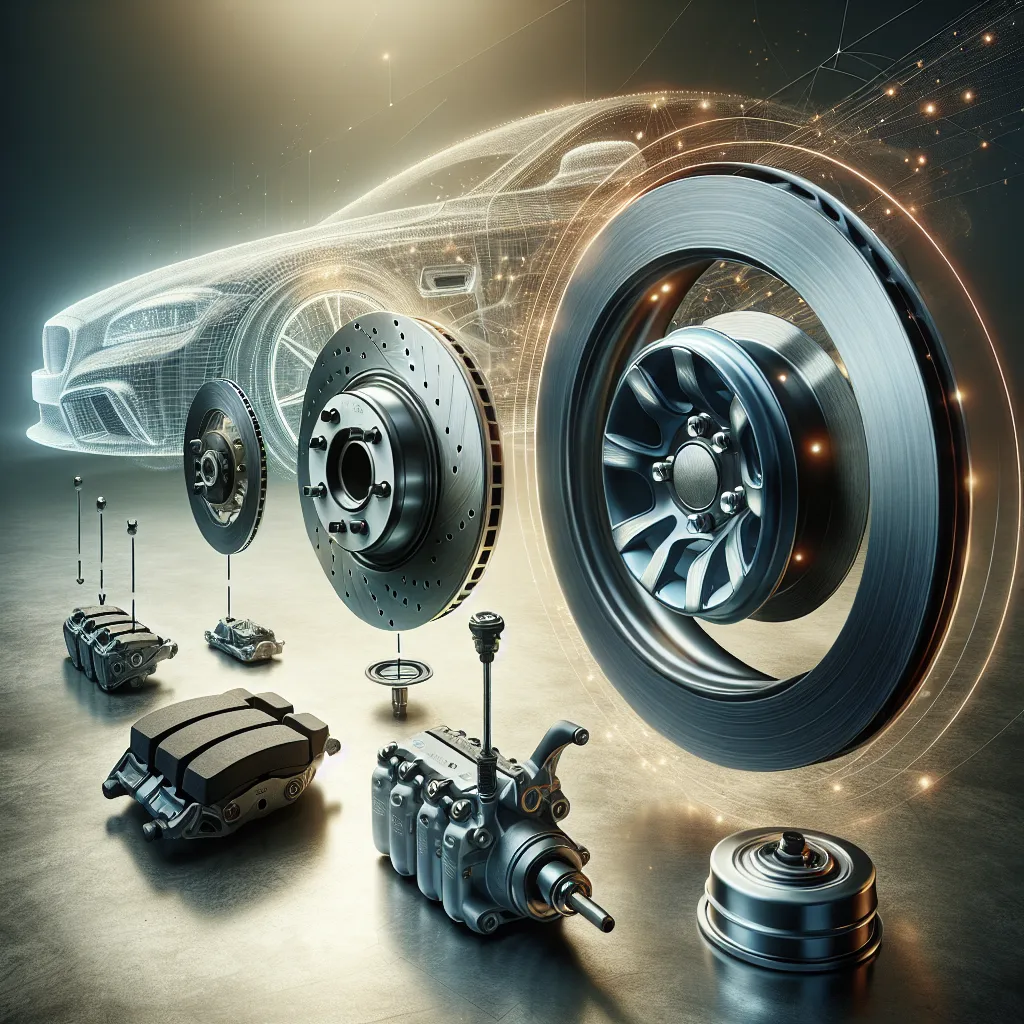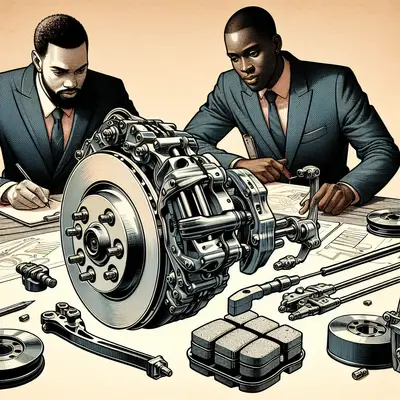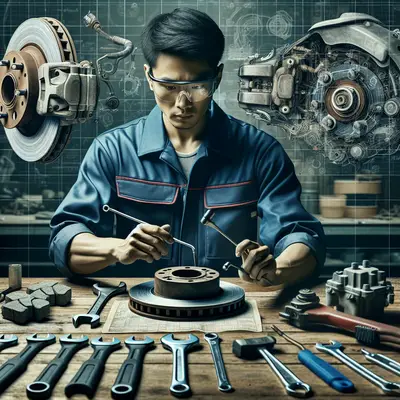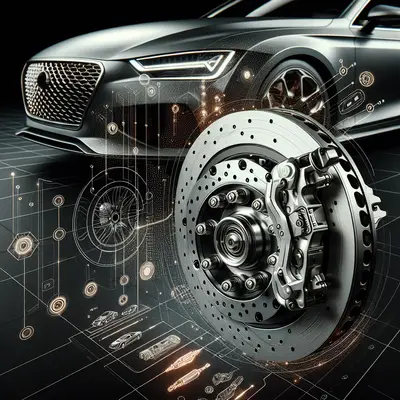Brake systems are the unsung heroes of our vehicles, thriving in the shadows of horsepower and torque. Without them, the power of an engine is meaningless. To shed light on their intricacies, we present five insights that will enrich your understanding of brake systems and safety.
The Symphony of Materials
The materials used in brake components are critical for safety and performance. Premium brands often use carbon-ceramic brake pads due to their high resistance to heat and friction. They tend to wear less, last longer, and perform better under extreme conditions, offering an unrivalled balance of safety and performance.
The Science of Heat Dissipation
When you apply the brakes, kinetic energy transforms into heat. The design of brake systems must accommodate this heat and dissipate it efficiently. Ventilated disc brakes with holes or slots allow air to flow through, cooling the system and enhancing its performance and longevity.
The Art of Brake Balance
Brake balance, or brake bias, is a concept often overlooked by average drivers. It refers to the distribution of braking force between the front and rear tires. A well-balanced system ensures optimal stopping distances, stability during braking, and enhanced vehicle dynamics.
The Elegance of Electronic Assistance
Modern vehicles are equipped with sophisticated electronic systems to aid braking. Anti-lock Braking Systems (ABS) prevent wheels from locking up during heavy braking, while Electronic Stability Control (ESC) assists in maintaining vehicle control during extreme steering maneuvers. These systems, when properly maintained, significantly enhance safety.
The Mastery of Regular Maintenance
Regular brake maintenance is paramount for safety. This involves routine inspections of brake pads, rotors, and fluid levels. A well-maintained brake system will perform optimally when you need it the most, ensuring your safety on the road.
Conclusion
Understanding the finer points of brake systems is essential for any discerning car owner. By appreciating the materials, understanding the science of heat dissipation, mastering the art of brake balance, recognizing the value of electronic assistance, and committing to regular maintenance, you can ensure optimal performance and safety. In the world of brake systems, knowledge is indeed power.



